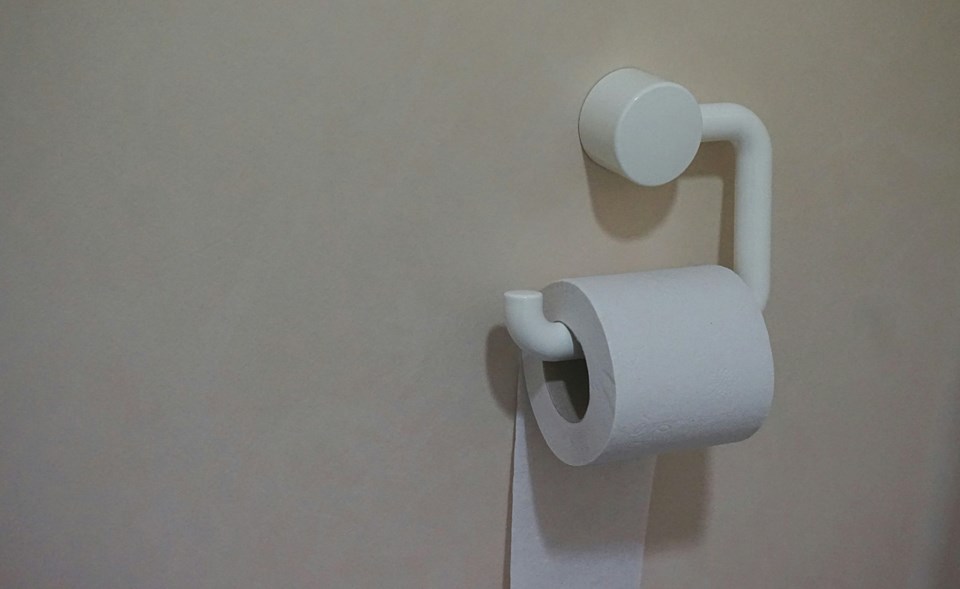A sanitation trailer on Front Street is helping to reduce the amount of human waste in the community, says the city’s senior social planner.
Located on Front Street by the nightly shelter, the sanitation trailer has two toilets, two sinks and two showers. The facility, funded entirely by BC Housing, also has a full-time attendant.
“Typically, on a monthly basis, it's receiving about 1,300 visits a month,” said John Stark. “And we can see that that's starting to have an impact with regards to reducing human waste in our community.”
On Jan. 10, city staff provided council with an update on the City of New Westminster’s crises response pilot project. That initiative is seeking to address the concurrent and inter-related issues of homelessness, mental health, and substance use.
One of the actions being undertaken as part of the five-year prevention, support and transition services plan is a citywide toilet strategy. A staff report noted people who are unhoused are one of four main user groups in need of public toilets.
“For unhoused individuals, particularly during late evenings and early mornings, it can be very difficult to access toilet facilities,” Stark told council Monday. “We know that human waste is not only an issue in New Westminster, but region-wide.”
The issue of public toilets got off to a rough start last summer, when council approved the construction of a permanent, prefabricated, freestanding toilet in front of a residential building on Begbie Street. In response to the outcry from community members about the proposed public toilet, council shelved that plan and directed staff to develop a work plan and a budget for a city-wide public toilet strategy.
In September 2024, council voted 5-2 in favour having staff to develop a city-wide public toilet strategy.
At that time, Stark told council that access to public toilets can be an issue for seniors, persons with disabilities, people who are unhoused, and individuals with underlying health conditions. He said the sanitation trailer was being well used.
“In August, it had 1,745 visits, so it is getting used,” Stark said. “And this is a really a response to try and reduce the amount of human waste that's in this neighbourhood.”





